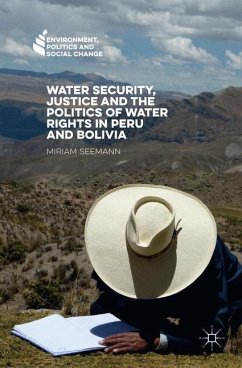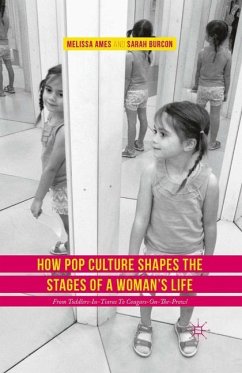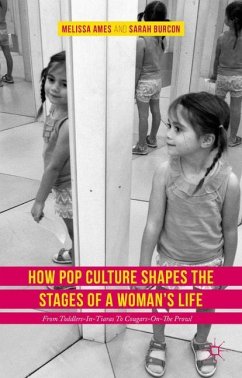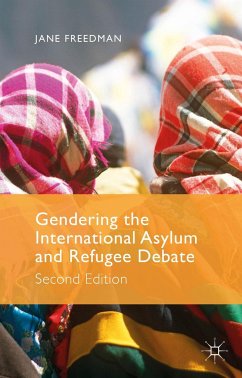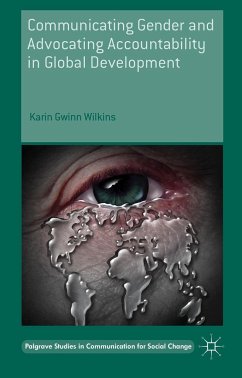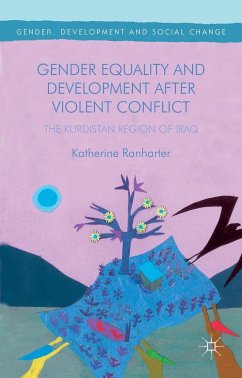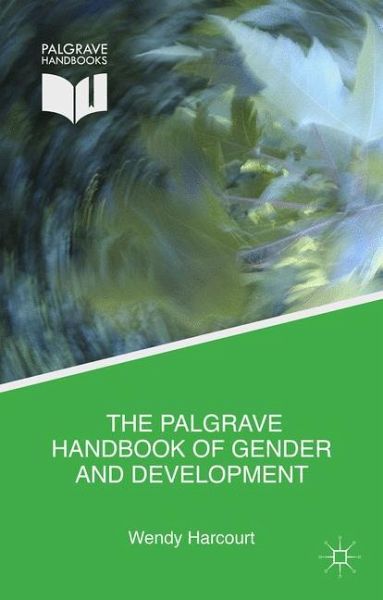
The Palgrave Handbook of Gender and Development
Critical Engagements in Feminist Theory and Practice
Herausgegeben: Harcourt, Wendy

PAYBACK Punkte
88 °P sammeln!
With original and engaging contributions, this Handbook confirms feminist scholarship in development studies as a vibrant research field. It reveals the diverse ways that feminist theory and practice inform and shape gender analysis and development policies, bridging generations of feminists from different institutions, disciplines and regions.



